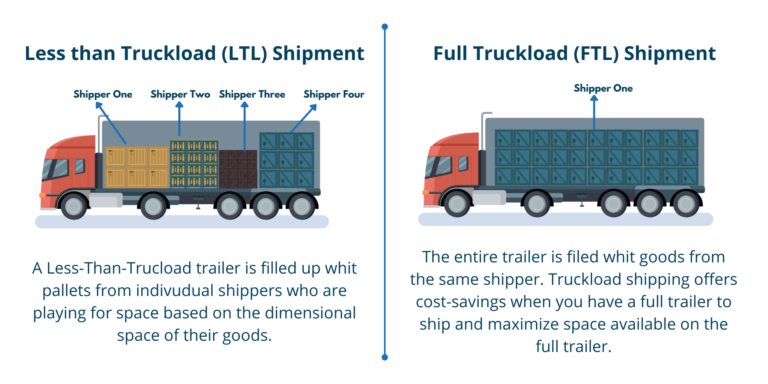Some common extra charges you might encounter in OTR logistics
In the context of logistics and transportation, “OTR” stands for “Over-The-Road,” referring to long-distance trucking or transportation services that involve moving goods by road over significant distances. OTR logistics often come with various charges and fees that can add to the overall cost of transporting goods.
1. Freight Charges: This is the base cost for transporting your goods from one location to
another. It can vary based on factors like distance, weight, volume, and the type of goods
being transported.
2. Fuel Surcharge: OTR transportation relies heavily on fuel, and the cost of fuel can fluctuate. To account for this, carriers often add a fuel surcharge to the freight charges, which can vary with fuel price changes.
3. Tonu: refers to a situation where a trucking company has been scheduled or reserved to transport a shipment but is not actually used for the intended job. This can occur for various reasons, such as changes in the shipper’s plans, delays in loading or unloading, or other unforeseen circumstances.
4. Accessorial Charges: These are additional services or fees that may apply depending on
specific circumstances. Examples include:
4.1. Liftgate Service: If your shipment requires a liftgate to load or unload because there’s no loading dock, you may be charged an extra fee.
4.2. Inside Delivery: If the driver is required to deliver goods inside a building rather than just curbside, an inside delivery charge may apply.
4.3. Residential Delivery: If the delivery is to a residential address, this may incur an additional fee.
4.4. Detention and Layover Charges: If the carrier experiences delays in loading or unloading due to factors beyond their control, they may charge detention or layover fees.
LTL (Less-Than-Truckload) vs. FTL (Full Truckload) Charges
Depending on the size of your shipment, you may be charged differently.
LTL shipments typically involve sharing a truck with other shippers and are charged per hundredweight or by cubic feet, and FTL shipments involve reserving an entire truck and are charged based on the entire load. Generally, FTL service is more expensive compared to LTL, also the delivery time is faster.
Insurance: You may have the option to purchase cargo insurance to protect your goods during transit. The cost of insurance would be an additional charge.
Tolls and Permits: If the route taken includes toll roads or requires special permits (e.g., for oversized or hazardous cargo), these costs may be passed on to the shipper.
Accessorial for Special Cargo: If you’re shipping specialized cargo, like hazardous materials, perishable goods, or oversized items, there may be extra charges related to handling and compliance with regulations.
Storage Fees: If your goods need to be stored temporarily at a warehouse or distribution center due to delays or scheduling issues, you might incur storage fees.
Fees for Documentation: Some carriers charge fees for document preparation, such as bills of lading or customs documentation.
It’s important to communicate clearly with your chosen logistics provider or carrier to understand the full cost structure and any potential extra charges that may apply to your specific shipment. This can help you budget effectively and avoid unexpected costs during the transportation process.

Jhonattan Ramirez Giraldo
Air import Analyst/ OTR analyst
In Motion Logistics
